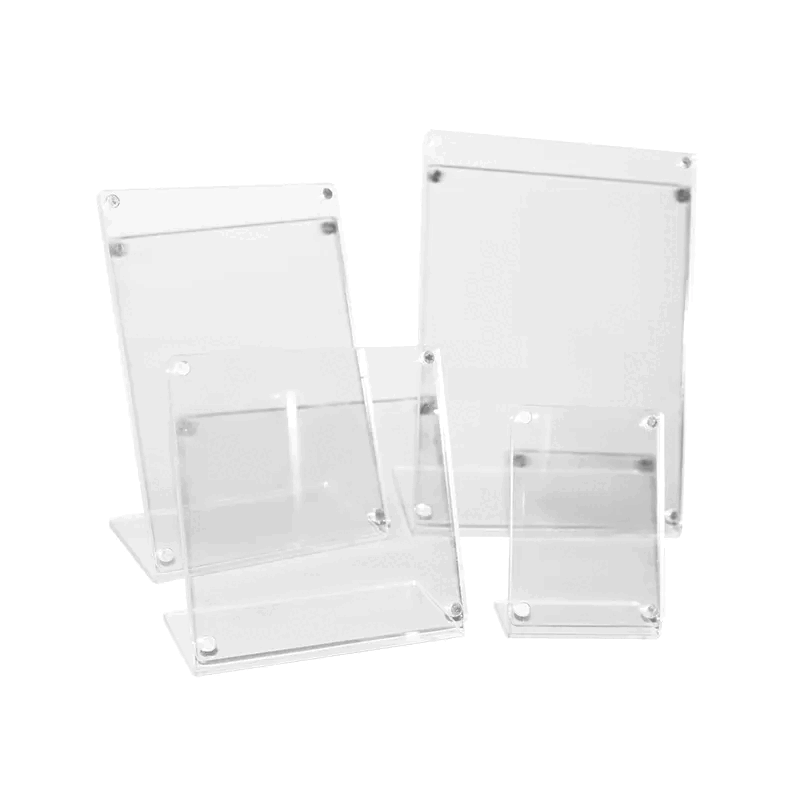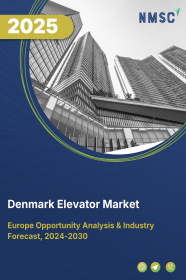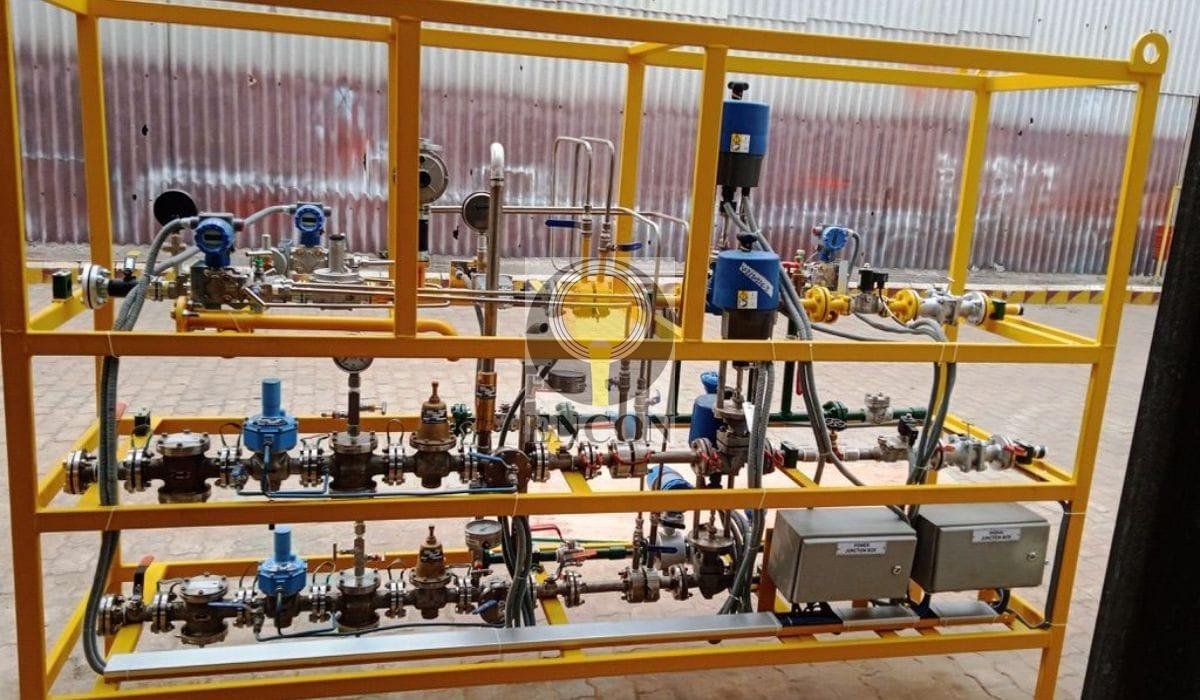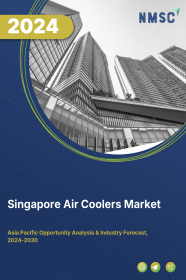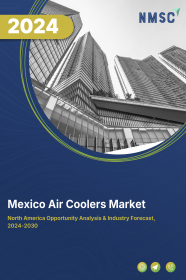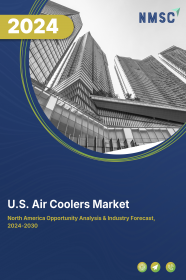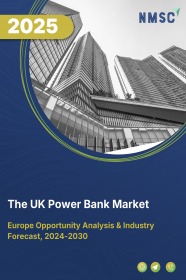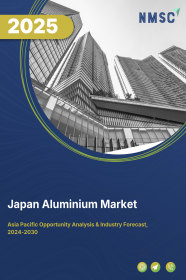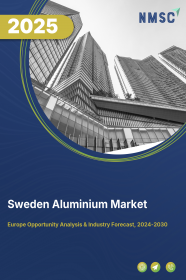Retaining Wall Blocks: A Comprehensive Guide
Retaining wall blocks have become a cornerstone of modern landscaping and structural engineering. Whether you are planning to prevent soil erosion, create terraces on a sloped property, or enhance the aesthetics of your outdoor space, retaining wall blocks provide a versatile and durable solution. In this guide, we delve deep into the world of retaining wall blocks, exploring their types, benefits, installation techniques, and maintenance requirements.
What Are Retaining Wall Blocks?
Retaining wall blocks are modular blocks specifically designed to construct retaining walls. These walls are primarily used to hold **** soil and prevent erosion in sloped areas. Retaining wall blocks are often made of concrete, stone, or other durable materials and come in various shapes, sizes, and textures to cater to functional and aesthetic requirements.
Unlike regular walls, retaining walls bear significant lateral pressure from the soil they are designed to retain. The design and construction of retaining walls, therefore, require careful planning and precise execution.
Key Applications of Retaining Wall Blocks
Soil Retention:
Prevents soil erosion in sloped areas.
Supports landscaping features like terraces.
Landscaping Aesthetics:
Creates raised garden beds.
Adds visual appeal to outdoor spaces.
Functional Boundaries:
Separates different areas within a property.
Provides seating or edging in outdoor living spaces.
Structural Support:
Stabilizes sloped terrain.
Provides foundational support for roads or pathways.
Types of Retaining Wall Blocks
Retaining wall blocks come in various types, each suited for specific applications. Below are the most common types:
Concrete Blocks:
Durable and long-lasting.
Available in various shapes, colors, and finishes.
Easy to install and widely used for residential and commercial projects.
Natural Stone Blocks:
Aesthetic and timeless appeal.
Ideal for projects requiring a natural look.
Typically heavier and more challenging to install.
Timber Blocks:
Budget-friendly and suitable for temporary structures.
Not as durable as concrete or stone.
Prone to weathering and rotting over time.
Interlocking Blocks:
Designed to fit together without the need for mortar.
Easy to install and excellent for DIY projects.
Provide strong structural stability.
Gabion Walls:
Made of wire mesh baskets filled with rocks.
Environmentally friendly and highly durable.
Offers a rustic, modern aesthetic.
Benefits of Retaining Wall Blocks
Durability:
Most retaining wall blocks are made of robust materials like concrete or stone, ensuring longevity.
Aesthetic Appeal:
Available in various designs, textures, and colors to match the landscape theme.
Erosion Control:
Prevents soil erosion and stabilizes sloped terrains.
Cost-Effective:
Modular blocks are often more affordable than custom-built walls.
Interlocking blocks reduce the need for professional installation.
Customizability:
Blocks come in diverse sizes and styles, making it easy to achieve the desired look.
Eco-Friendly Options:
Many blocks are made from recycled materials, reducing environmental impact.
How to Choose the Right Retaining Wall Blocks
When selecting retaining wall blocks, consider the following factors:
Purpose:
Determine if the wall is primarily functional, aesthetic, or both.
Soil Type:
Understand the soil's composition and drainage properties.
Height of the Wall:
Taller walls require stronger, more durable blocks and may need professional design.
Climate and Weather:
Choose materials that can withstand local weather conditions.
Budget:
Factor in both material and installation costs.
Design Preference:
Ensure the block's texture, color, and shape align with your landscaping vision.
Steps to Install Retaining Wall Blocks
Installing a retaining wall can be a DIY project for smaller walls, but larger walls may require professional assistance. Here is a step-by-step guide:
Plan and Design:
Determine the wall's purpose, location, and dimensions.
Obtain necessary permits if required.
Prepare the Site:
Clear the area of debris and vegetation.
Excavate a trench for the wall’s foundation.
Lay the Foundation:
Add a layer of crushed stone or gravel to the trench.
Compact the base to ensure stability.
Lay the First Row:
Place the first row of blocks on the compacted base.
Ensure each block is level and aligned correctly.
Build Subsequent Rows:
Stagger the joints of each row for added strength.
Use adhesive or pins if required by the block design.
Backfill and Compact:
Add gravel or drainage material behind the wall after each row.
Compact the backfill to prevent settling.
Cap the Wall:
Use cap blocks to give the wall a finished look.
Secure the caps with adhesive.
Inspect and Finish:
Check the wall for stability and alignment.
Add landscaping features as desired.
Maintenance of Retaining Wall Blocks
To ensure the longevity and functionality of retaining wall blocks, regular maintenance is essential:
Inspect Regularly:
Check for signs of shifting, cracking, or bulging.
Control Vegetation:
Remove weeds or plants growing between blocks.
Ensure Proper Drainage:
Clear any blockages in the drainage system.
Prevent water from pooling behind the wall.
Repair Damages:
Replace damaged blocks promptly to maintain structural integrity.
Clean the Wall:
Wash the blocks periodically to remove dirt and stains.
Retaining Wall Blocks and Sustainable Landscaping
Retaining wall blocks play a significant role in sustainable landscaping. By using eco-friendly materials, promoting efficient water drainage, and enabling terraced gardening, they contribute to an environmentally conscious outdoor design.
Conclusion
Retaining wall blocks offer a perfect blend of functionality and aesthetics, making them a popular choice for both residential and commercial landscaping projects. Whether you are addressing erosion issues, enhancing outdoor spaces, or creating functional boundaries, retaining wall blocks are a durable, cost-effective, and versatile solution.
With proper planning, installation, and maintenance, retaining wall blocks can transform your outdoor area into a stable and visually appealing space that stands the test of time. By understanding the types, benefits, and installation processes discussed in this guide, you can make informed decisions and ensure the success of your retaining wall project.
Retaining Wall Blocks: A Comprehensive Guide
Retaining wall blocks have become a cornerstone of modern landscaping and structural engineering. Whether you are planning to prevent soil erosion, create terraces on a sloped property, or enhance the aesthetics of your outdoor space, retaining wall blocks provide a versatile and durable solution. In this guide, we delve deep into the world of retaining wall blocks, exploring their types, benefits, installation techniques, and maintenance requirements.
What Are Retaining Wall Blocks?
Retaining wall blocks are modular blocks specifically designed to construct retaining walls. These walls are primarily used to hold back soil and prevent erosion in sloped areas. Retaining wall blocks are often made of concrete, stone, or other durable materials and come in various shapes, sizes, and textures to cater to functional and aesthetic requirements.
Unlike regular walls, retaining walls bear significant lateral pressure from the soil they are designed to retain. The design and construction of retaining walls, therefore, require careful planning and precise execution.
Key Applications of Retaining Wall Blocks
Soil Retention:
Prevents soil erosion in sloped areas.
Supports landscaping features like terraces.
Landscaping Aesthetics:
Creates raised garden beds.
Adds visual appeal to outdoor spaces.
Functional Boundaries:
Separates different areas within a property.
Provides seating or edging in outdoor living spaces.
Structural Support:
Stabilizes sloped terrain.
Provides foundational support for roads or pathways.
Types of Retaining Wall Blocks
Retaining wall blocks come in various types, each suited for specific applications. Below are the most common types:
Concrete Blocks:
Durable and long-lasting.
Available in various shapes, colors, and finishes.
Easy to install and widely used for residential and commercial projects.
Natural Stone Blocks:
Aesthetic and timeless appeal.
Ideal for projects requiring a natural look.
Typically heavier and more challenging to install.
Timber Blocks:
Budget-friendly and suitable for temporary structures.
Not as durable as concrete or stone.
Prone to weathering and rotting over time.
Interlocking Blocks:
Designed to fit together without the need for mortar.
Easy to install and excellent for DIY projects.
Provide strong structural stability.
Gabion Walls:
Made of wire mesh baskets filled with rocks.
Environmentally friendly and highly durable.
Offers a rustic, modern aesthetic.
Benefits of Retaining Wall Blocks
Durability:
Most retaining wall blocks are made of robust materials like concrete or stone, ensuring longevity.
Aesthetic Appeal:
Available in various designs, textures, and colors to match the landscape theme.
Erosion Control:
Prevents soil erosion and stabilizes sloped terrains.
Cost-Effective:
Modular blocks are often more affordable than custom-built walls.
Interlocking blocks reduce the need for professional installation.
Customizability:
Blocks come in diverse sizes and styles, making it easy to achieve the desired look.
Eco-Friendly Options:
Many blocks are made from recycled materials, reducing environmental impact.
How to Choose the Right Retaining Wall Blocks
When selecting retaining wall blocks, consider the following factors:
Purpose:
Determine if the wall is primarily functional, aesthetic, or both.
Soil Type:
Understand the soil's composition and drainage properties.
Height of the Wall:
Taller walls require stronger, more durable blocks and may need professional design.
Climate and Weather:
Choose materials that can withstand local weather conditions.
Budget:
Factor in both material and installation costs.
Design Preference:
Ensure the block's texture, color, and shape align with your landscaping vision.
Steps to Install Retaining Wall Blocks
Installing a retaining wall can be a DIY project for smaller walls, but larger walls may require professional assistance. Here is a step-by-step guide:
Plan and Design:
Determine the wall's purpose, location, and dimensions.
Obtain necessary permits if required.
Prepare the Site:
Clear the area of debris and vegetation.
Excavate a trench for the wall’s foundation.
Lay the Foundation:
Add a layer of crushed stone or gravel to the trench.
Compact the base to ensure stability.
Lay the First Row:
Place the first row of blocks on the compacted base.
Ensure each block is level and aligned correctly.
Build Subsequent Rows:
Stagger the joints of each row for added strength.
Use adhesive or pins if required by the block design.
Backfill and Compact:
Add gravel or drainage material behind the wall after each row.
Compact the backfill to prevent settling.
Cap the Wall:
Use cap blocks to give the wall a finished look.
Secure the caps with adhesive.
Inspect and Finish:
Check the wall for stability and alignment.
Add landscaping features as desired.
Maintenance of Retaining Wall Blocks
To ensure the longevity and functionality of retaining wall blocks, regular maintenance is essential:
Inspect Regularly:
Check for signs of shifting, cracking, or bulging.
Control Vegetation:
Remove weeds or plants growing between blocks.
Ensure Proper Drainage:
Clear any blockages in the drainage system.
Prevent water from pooling behind the wall.
Repair Damages:
Replace damaged blocks promptly to maintain structural integrity.
Clean the Wall:
Wash the blocks periodically to remove dirt and stains.
Retaining Wall Blocks and Sustainable Landscaping
Retaining wall blocks play a significant role in sustainable landscaping. By using eco-friendly materials, promoting efficient water drainage, and enabling terraced gardening, they contribute to an environmentally conscious outdoor design.
Conclusion
Retaining wall blocks offer a perfect blend of functionality and aesthetics, making them a popular choice for both residential and commercial landscaping projects. Whether you are addressing erosion issues, enhancing outdoor spaces, or creating functional boundaries, retaining wall blocks are a durable, cost-effective, and versatile solution.
With proper planning, installation, and maintenance, retaining wall blocks can transform your outdoor area into a stable and visually appealing space that stands the test of time. By understanding the types, benefits, and installation processes discussed in this guide, you can make informed decisions and ensure the success of your retaining wall project.




